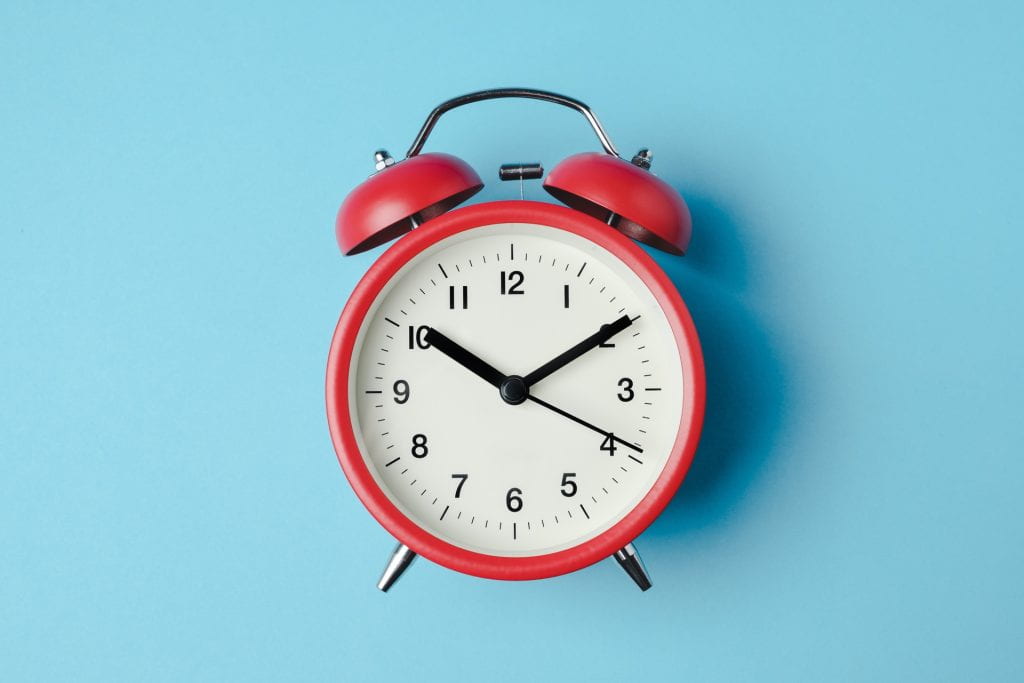“So far, studies suggest that people eating more calories earlier in the day are less likely to develop metabolic diseases, such as diabetes and heart disease, than those eating more calories later in the day.” – Dr. Yikyung Park
It’s that time of year where the calendar still says “spring,” but the weather and the school and vacation schedules are quickly moving toward summertime. As welcome as the long, warm days and summer holidays can be, especially for the kids in our lives, they can also upend some of the daily routines we’ve had in place since the fall.
And nothing may shift as much during the summer as when – and how – we eat. We may be up later than usual, eating and snacking at different times and in different ways than we might other parts of the year. With the routine of school days on pause, kids’ patterns of eating may be particularly changed – rippling out to parents and other family members, too.
While such shifts in how we eat may hardly seem worth noting, there’s actually growing evidence that when we eat can have an important impact on our health. How it does so may sound a bit surprising. The timing of eating can work with or against our circadian rhythm, the natural “body clock” that controls all our biological functions in a 24-hour period.
Behaviors that regularly disrupt the circadian rhythm can lead to many different reactions in the body, which can increase the risk of certain diseases and conditions.
“Circadian rhythms have to be in sync with our cycles of sleeping and waking, being active and being inactive and eating and fasting,” said Yikyung Park, associate professor in the Division of Public Health Sciences at Washington University School of Medicine in St. Louis. “Eating late at night, for example, when the body is ready for sleep and rest, disrupts circadian rhythms. If the habit of late-night eating continues, it increases risk of weight gain, diabetes, metabolic syndrome and heart disease.”
Related to this, how we space out what we eat during the day can also be important. We should always try to keep how much we eat generally in line with how many calories we burn throughout the day. That alone has large health benefits, but having your bigger meals at breakfast and lunch, rather than dinner, may add extra benefits.
“So far, studies suggest that people eating more calories earlier in the day are less likely to develop metabolic diseases, such as diabetes and heart disease, than those eating more calories later in the day,” says Park.
If you or your family members like to snack between meals, that’s fine. But it’s best to keep it to just one or two snacks a day, focusing on healthy options, like fruit, carrot sticks, nuts, and whole grain bars and keeping overall calories in mind, adds Park. “Even healthy foods without portion control can have high calories.”
Of course, occasionally skipping breakfast, or eating a large meal after a night out, or having some less-than-healthy snacks isn’t going to have a big impact on our health. Overall, though, the change to a summer schedule can be an opportunity to rethink ways we can keep meals, and the timing of meals, healthy, for us and our family. Then we can carry those on through to the fall and the rest of the year.
Looking at all this together, here are some quick tips for healthy summertime eating:
- Eat bigger meals at breakfast and lunch
- Eat lighter meals later in the day, and try to avoid late-night eating
- Don’t skip breakfast, which can lead to bigger meals later
- If you snack, keep it to 1 to 2 per day and control portions
- Focus on foods like fruits, vegetables, beans and whole grains, and limit red and processed meats, fast food and sugary drinks.
It’s your – and your family’s – health. Take control.
Dr. Graham A. Colditz, associate director of prevention and control at Siteman Cancer Center at Barnes-Jewish Hospital and Washington University School of Medicine in St. Louis, is an internationally recognized leader in cancer prevention and the creator of the free prevention tool, YourDiseaseRisk.com.
